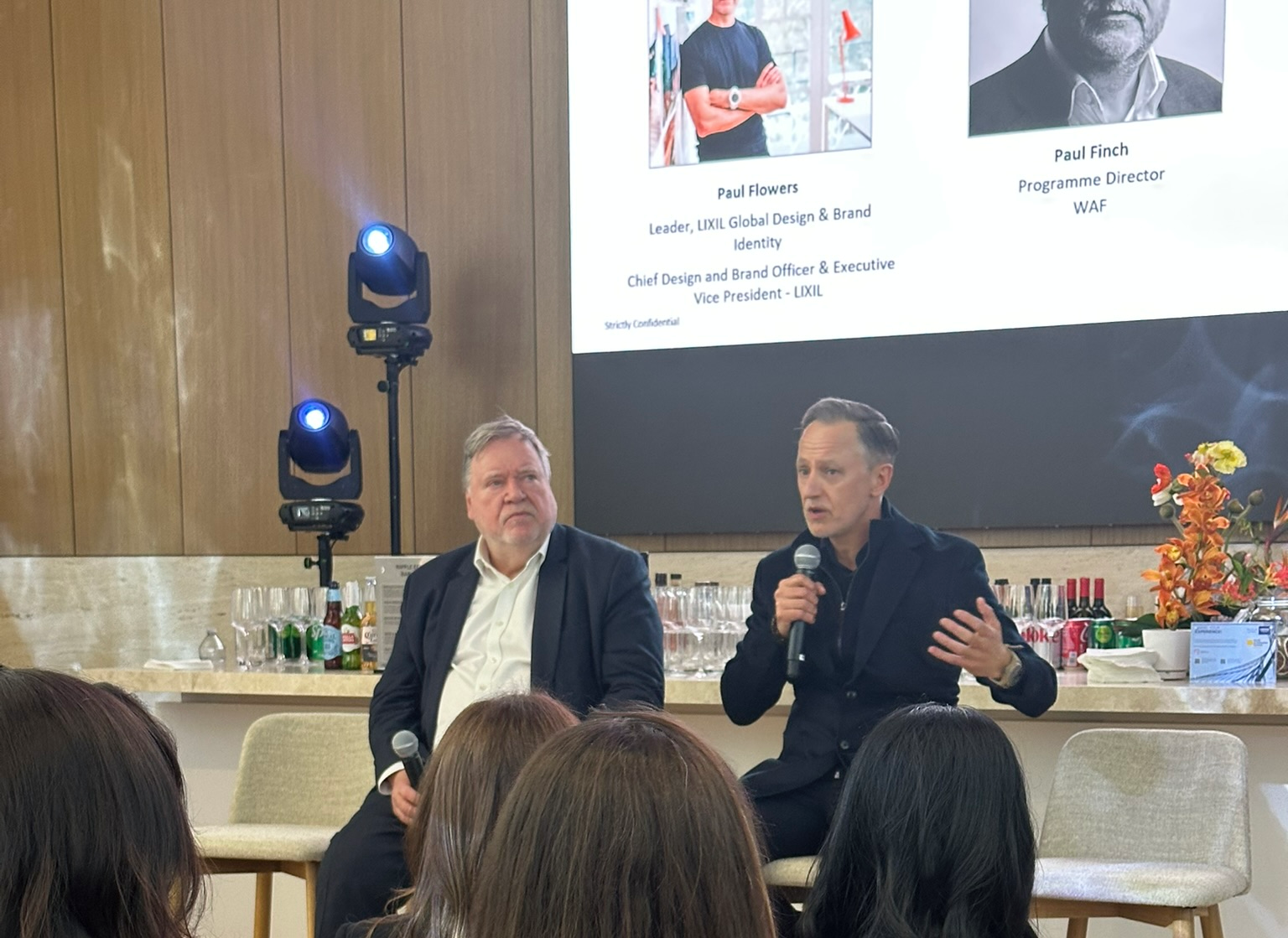
The joy of eco
Beethoven’s 9th symphony, the setting of Friedrich Schiller’s An die Freude (Ode to Joy), concludes with such an effusion of feeling that it draws attention to an often overlooked aspect of the Enlightenment: its charged emotional underbelly, writes Jeremy Melvin.
This came to mind at one of our recent receptions in the US to promote WAF’s move to Miami later this year. Paul Flowers, head of design for Lixil (owners of WAF’s founder partner Grohe) introduced a new word to our vocabulary: ‘ecojoy’. This neologism, Flowers explains, obviously references joy, but tied both to economy and ecology. It builds on Grohe’s familiar slogan pure freude an wasser (pure joy through water) but harnesses the positive effect of an enjoyable emotion to encourage both economy and an appreciation of ecology.
At one level it’s ‘take a shower and save the planet’, but its implications go far deeper into the implications of the Enlightenment. All too often, advocates of the Enlightenment are so bewitched by its advances in reason, logic and democracy (and the culmination of that primrose path in human rights law) that they downplay the charged and sometimes irrational emotions that the Enlightenment awoke, such as nationalism.
In one strand of the Enlightenment emotion runs supreme, German Romanticism is as much part of the movement as Voltaire, Rousseau or Hume. It’s a tradition typified by J W von Goethe and the aforementioned Schiller, but is also manifested in Beethoven, especially his late works, or the paintings of Caspar David Friedrich (highlighted in a great exhibition at New York’s Metropolitan Museum until May 11), and on a smaller scale in Franz Schubert’s compositions like An die Musik, almost a little sibling to An die Freude, with which it is nearly contemporary. One path led through the dark side of German Romanticism to the Nazi slogan of Kraft durch Freude (strength through joy), epitomising the belief in hard work co-ordinated to the greater glory of the German state.
Joy in its eco-form is of course far more benign, but springs just as firmly from Enlightenment foundations. The Enlightenment may not have brought ‘economics’ into being as an intellectual discipline, but in that period, Adam Smith gave it the firm footing it needed for subsequent development. Similarly ecology did not originate in the Enlightenment, but at that time the Swedish botanist Carl Linnaeus introduced the taxonomic framework that made an essential base for later advances (to such an extent that when in the mid-19th century Alfred Wallace Russel read Darwin’s explosive Origins of Species for the first time to an audience, the botanists present thought nothing really radical had been said because of the groundwork Linnaeus had done a century earlier).
The main point here is how joy interacts with ecology and economy. Joy is a primal human emotion, though it can take many forms. Ecology and economy are learnt and developed intellectual disciplines. How they relate has a significant effect on what it is to be human in an advanced society, even if the three are rarely spliced together except in a hairshirt, Greta Thunberg-type amalgam which precludes much hint of joy.
Such an approach is typified in the policies espoused by the UK’s ‘minister for net zero’, Ed Miliband, who appears to be forcing net zero on the country via a strategy of coercion – legislation backed by penalties.
Flowers’ point is that by introducing joy into the equation, people may start to equate virtuous behaviour with pleasure, so obviating the need for coercion. It may be wishful thinking to hope that a whole society might run on such lines, but there is some evidence to suggest that it could work in some instances. The Harvard scholar Elain Scarry argues in her book, Beauty and Being Just, that the perception of beauty can lead to positive thoughts, and for Flowers as a designer this has a double relevance.
It may be that the beauty of an individual object may have such an effect, but it would be multiplied many times over if the positive effect of purely visual beauty is intensified by the pleasure to be had from use, and enjoyment, of an everyday product. There can be few better outcomes from good design.
Founder Partner






